
Littoral Combat Ships (LCS), once the future of the U.S. Navy’s coastal operations, are now being decommissioned in a silent retreat from what was supposed to be a fleet of technical marvels.
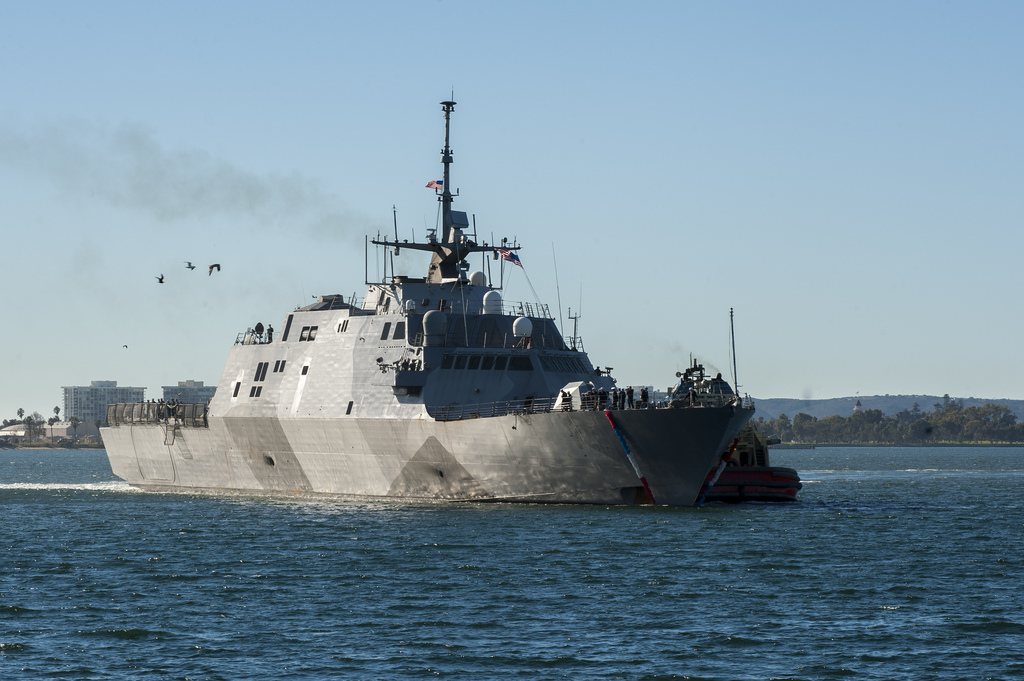
In a swift turn of events, the U.S. Navy is parting ways with several of these ships, including some that are less than a decade old.
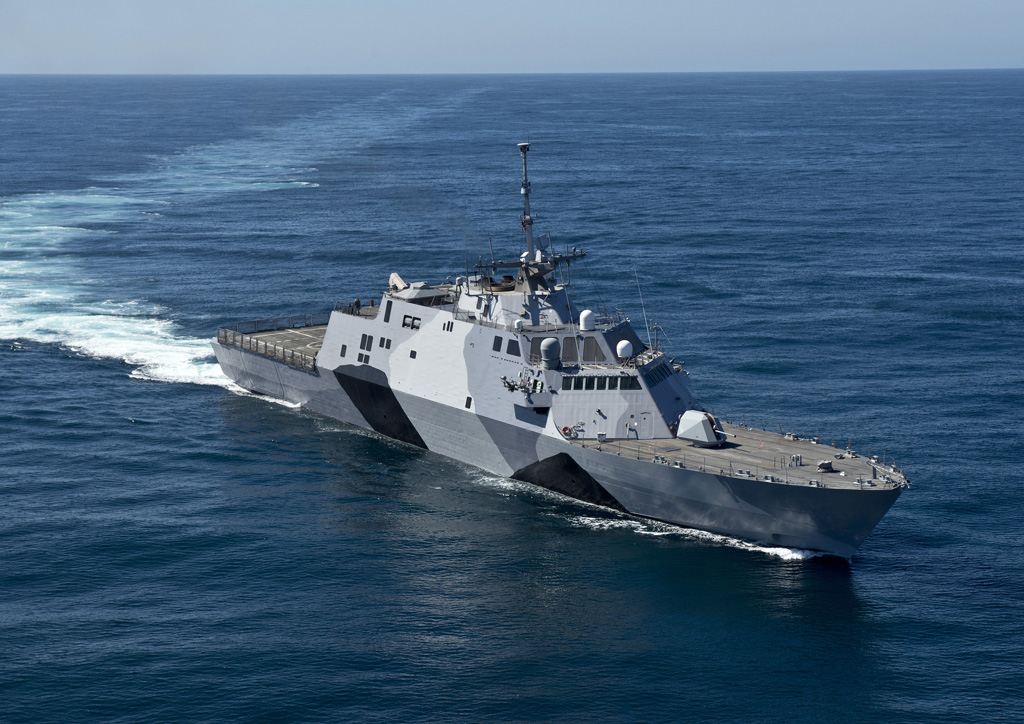
The USS Freedom (LCS-1), a vessel that embodied the hope for a new class of agile warships, has become a cautionary tale of a program beleaguered by operational failures and unmet expectations.
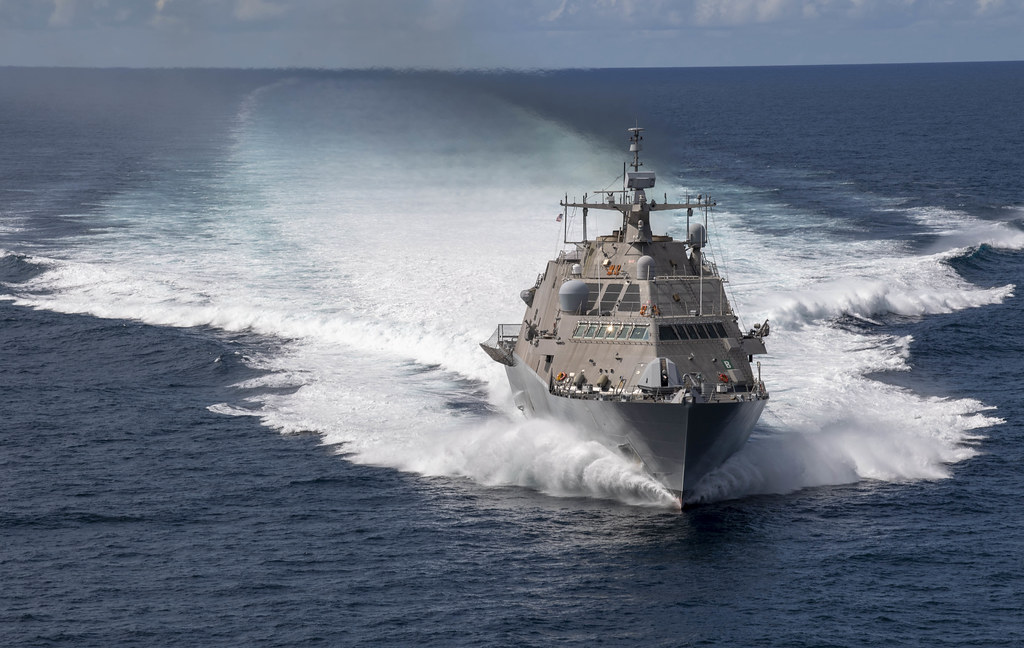
At a decommissioning ceremony in Mayport, Florida, two more Freedom-class ships, the USS Detroit (LCS-7) and USS Little Rock (LCS-9), were retired after only six and seven years of service respectively. This action underscores the array of design flaws that plagued the vessels from the outset, leading to their premature exit from the fleet.

The LCS program’s ambition for a small, fast, and versatile warship, ideal for a range of missions from hunting submarines to countering drug traffickers, has resulted in a fleet unable to withstand the rigors of naval warfare and the operational demands it faces.
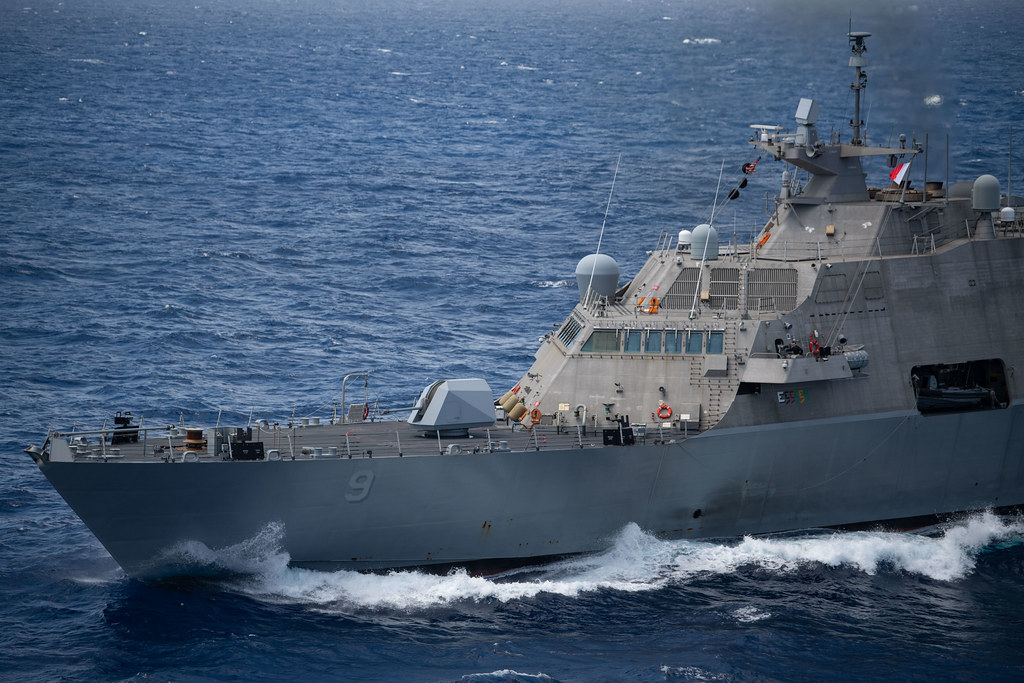
The ongoing problems with the LCS have been well documented for years, in news articles, government reports and congressional hearings. Each ship ultimately cost more than twice the original estimate. Worse, they were hobbled by an array of mechanical failures and were never able to carry out the missions envisaged by their champions.
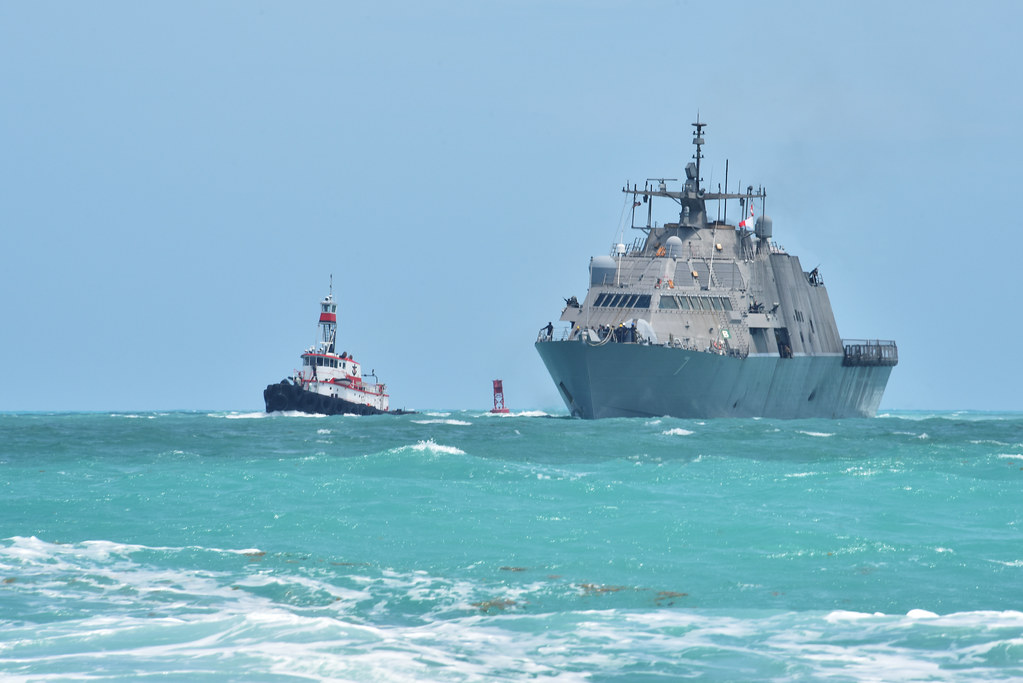
LCS-7 and LCS-9 are currently on hold for potential foreign military sales, with the latter being moored at the Philadelphia Navy Yard at a later date for storage. Both ships suffered breakdowns of their combining gear due to construction and design discrepancies, with the LCS-7 being forced to cut short missions to Latin America.
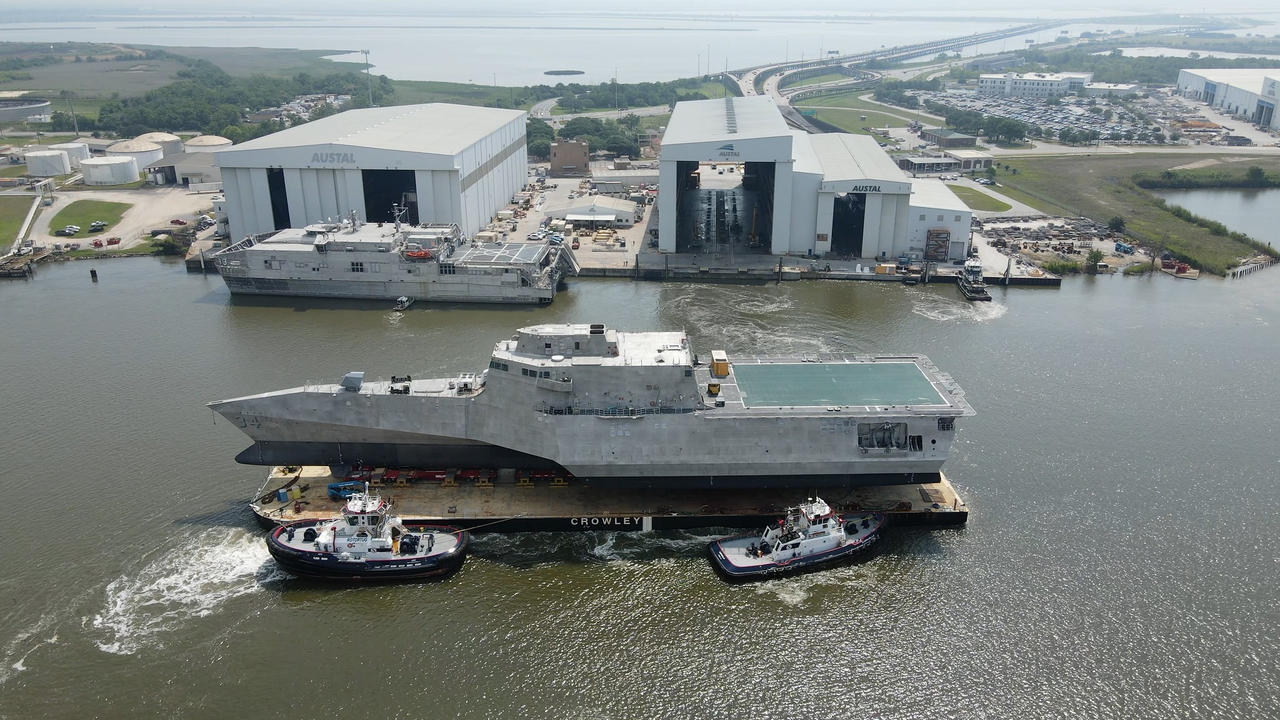
Meanwhile, the Navy has not entirely turned away from the LCS concept, as the commissioning of the USS Augusta (LCS-34), an Independence-variant LCS, demonstrates the ongoing effort to maintain a presence in littoral zones.

The Augusta, alongside other newly commissioned vessels such as the USS Canberra (LCS-30) and USS Santa Barbara (LCS-32), seeks to contribute to the core of the Navy’s mission for sea control and power projection.
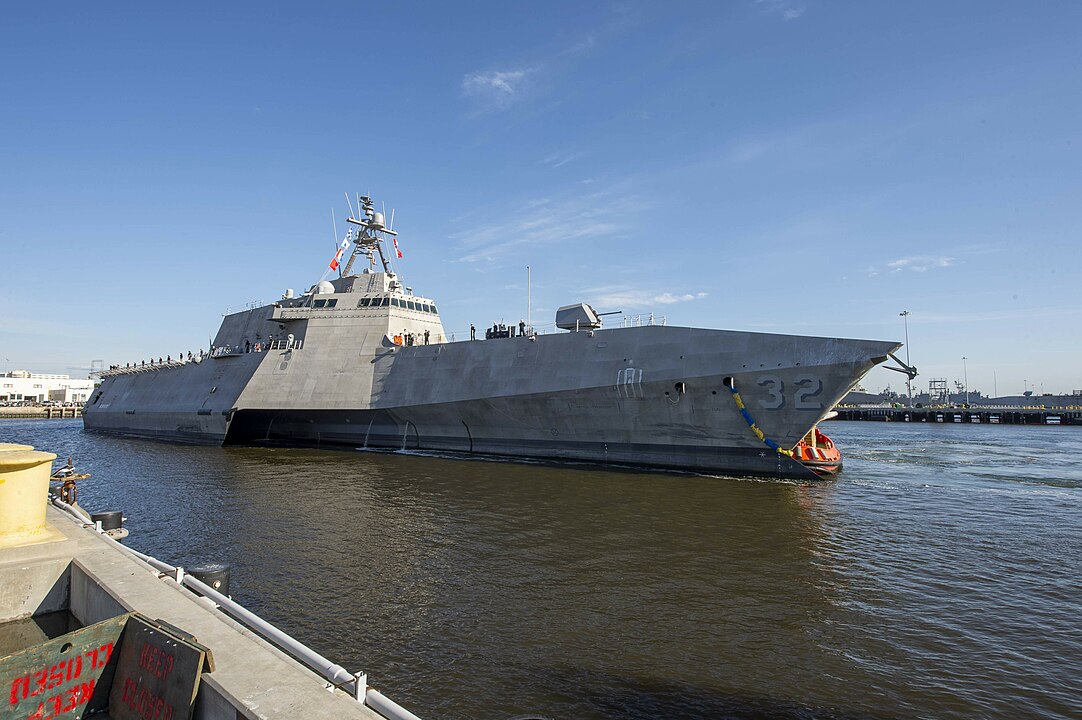
The LCS program, initially conceived to produce ships rapidly and affordably, ultimately failed to achieve its ambitious goals.
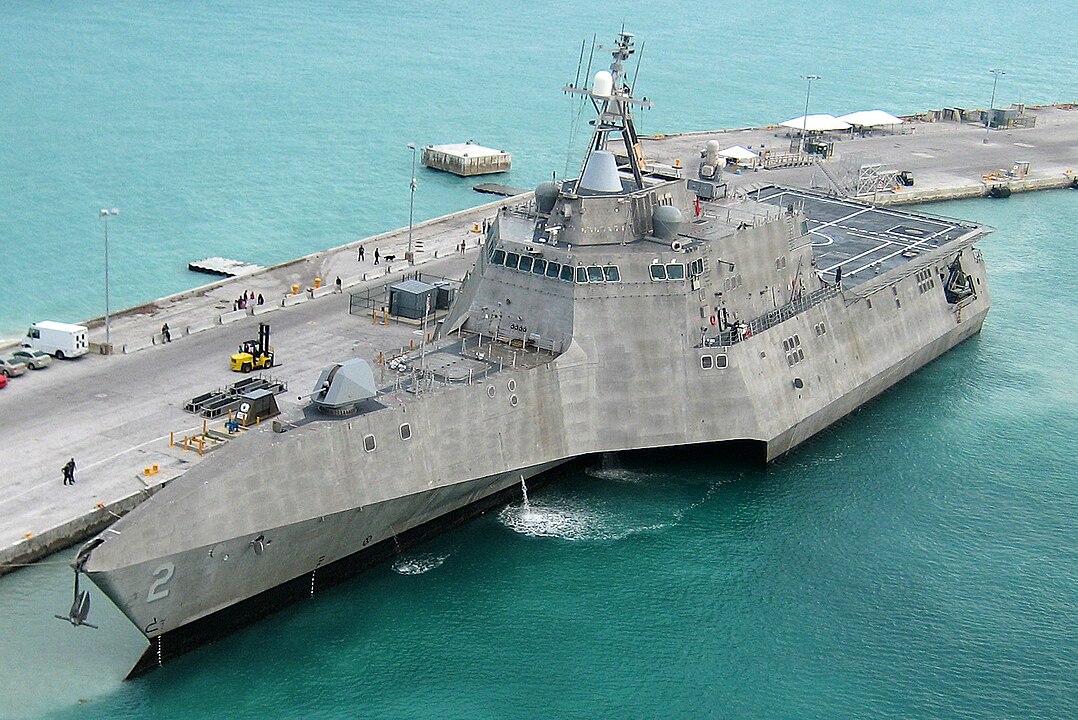
“There is a lot of money flowing through this vast ecosystem, and somehow the only thing all these people can agree on is more, more, more,” said Lyle Goldstein, a former professor at the U.S. Naval War College who is now investigating the costs of war at Brown University. “Unfortunately, I just think it might be in the nature of our system.”
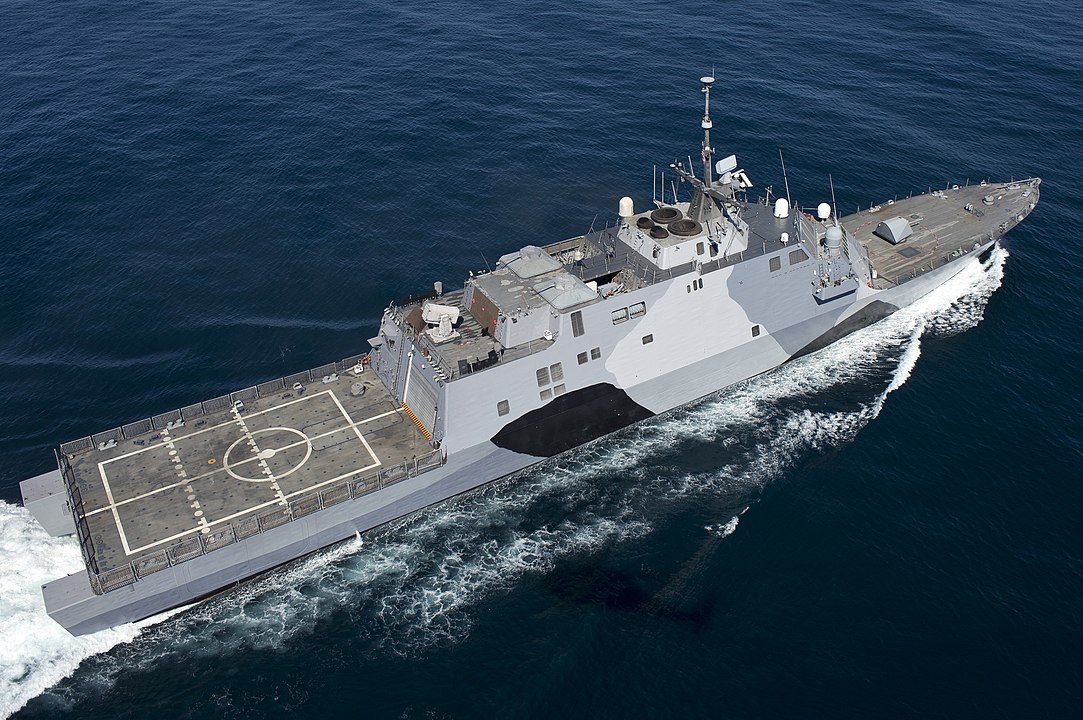
Reports have exposed a pattern of systemic issues within the LCS program, from ignoring warnings about the ships’ flaws to the influence of politics on procurement decisions.
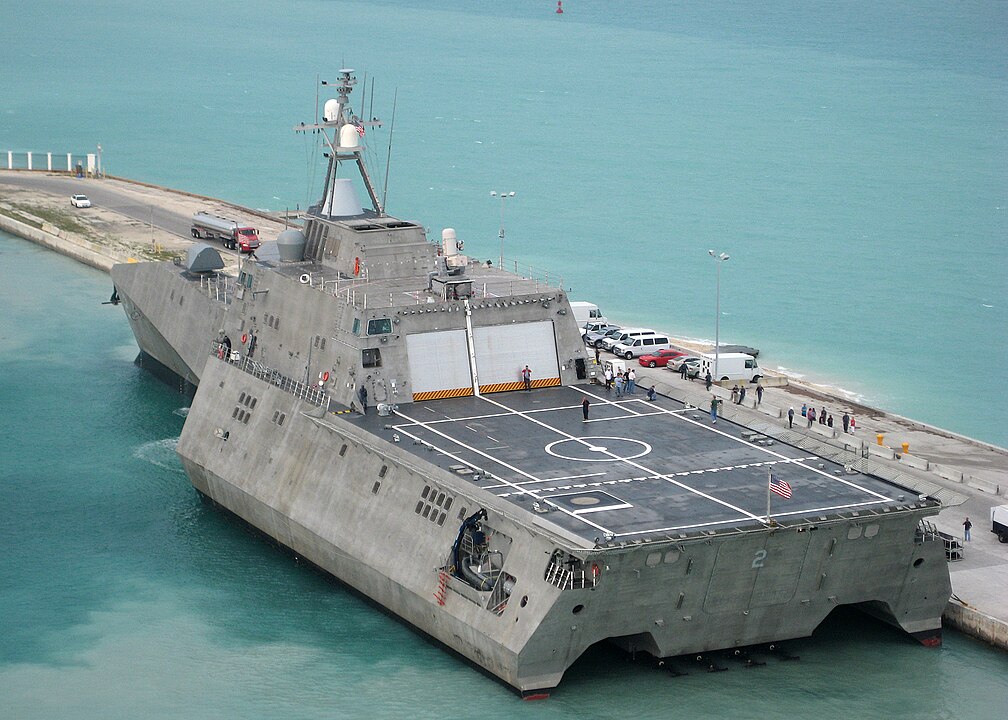
This entanglement of defense contractors, Congress, and Navy leadership contributed to the continuation of a program that experts like Lyle Goldstein have critiqued as a manifestation of the military-industrial complex described by President Eisenhower.
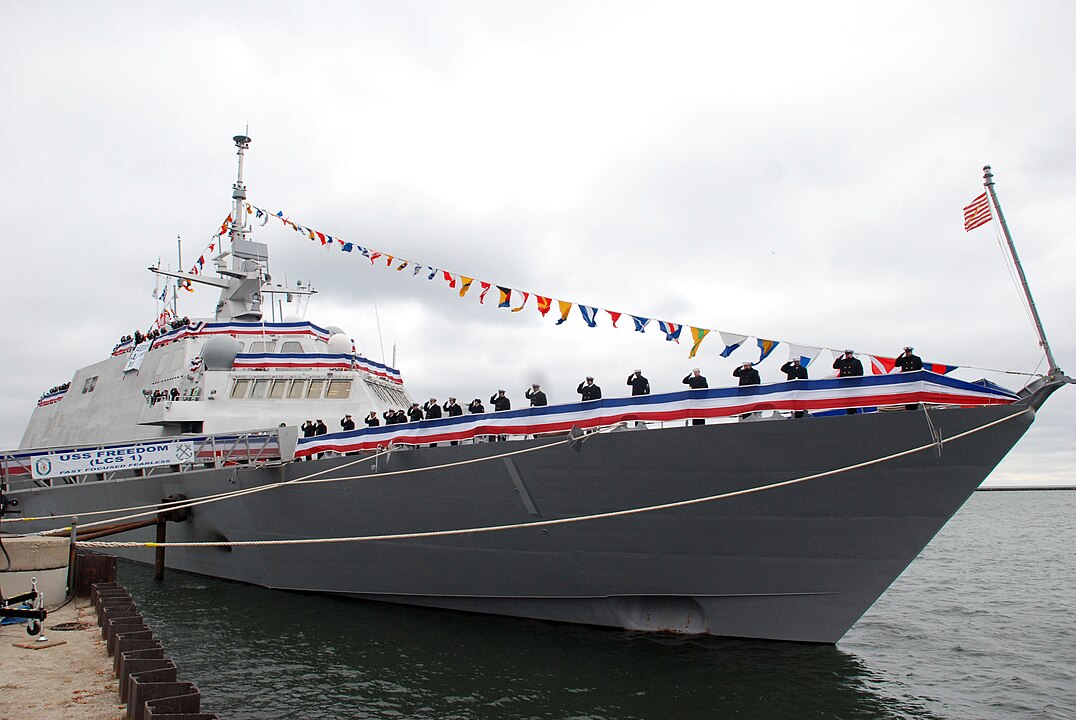
This cycle of procurement and waste has repeatedly played out in the U.S. military, with billions of dollars invested in projects like the LCS that have failed to deliver on their promises. The debacle of the LCS program serves as a stark reminder of the complexities and challenges inherent in military innovation and the pitfalls of prioritizing quantity over capability.
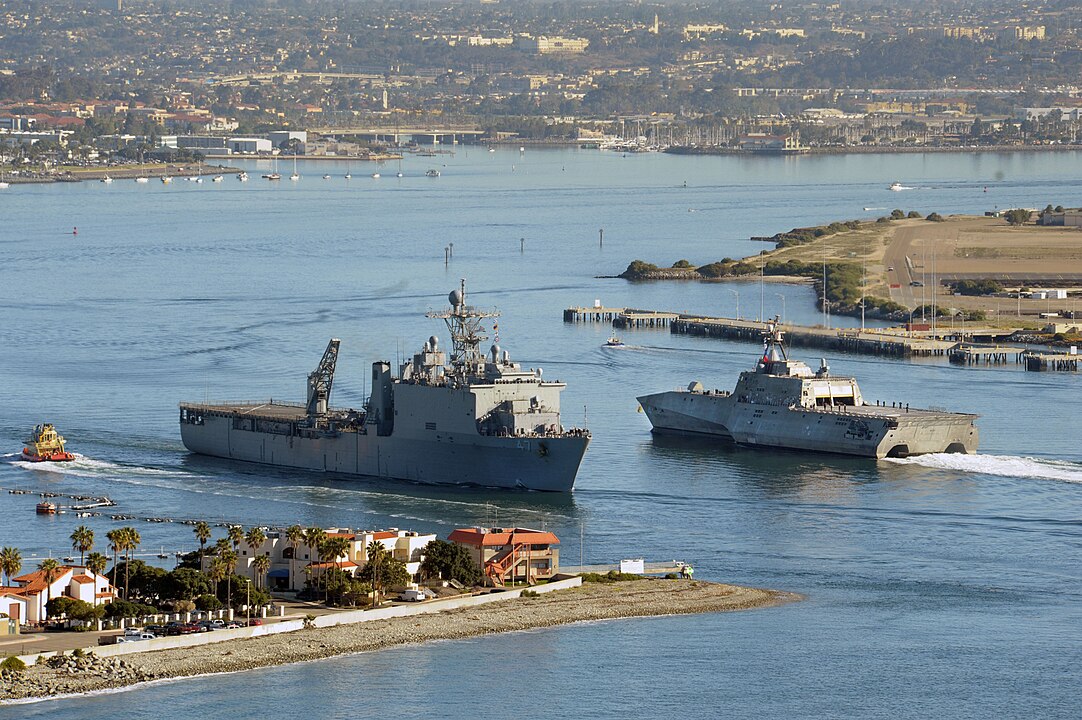
“It’s this zombie program phenomenon where everybody knows deep down we are going in the wrong direction,” said Dan Grazier, a former Marine Corps captain, who now works on Pentagon reform for the nonprofit Project on Government Oversight.
Relevant articles:
– The Inside Story of How the Navy Spent Billions on the “Little Crappy Ship”, ProPublica
– US Navy Quietly Decommissions Two More Littoral Combat Ships, The Defense Post
